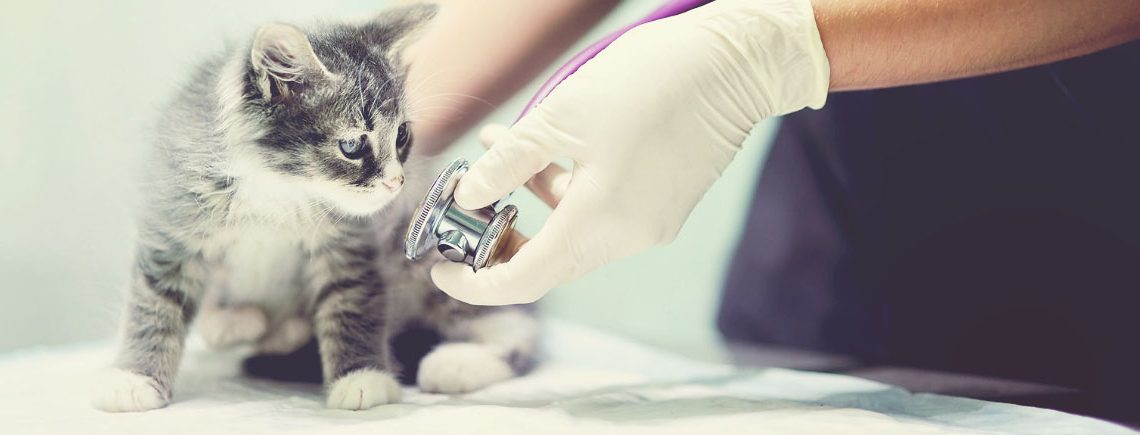Neutering Your Kitten: What You Need To Know
Kittens reach sexual maturity around 4 months of age, which means they are now capable of breeding and producing kittens themselves. To prevent any unwanted pregnancies and more kittens running around your home, it is strongly recommended to get your kitten neutered or spayed.
Neutering is a surgical procedure that removes the reproductive organs and prevents your cat from reproducing. In females, it is called spaying. It is a very common procedure, with many benefits for both cat and cat parent.
In this blog post, I’ll explain the benefits of neutering and spaying your kitten, why its important and what to expect after the procedure.

Carol Doyle, BSc VN DVM
Carol DoyIe is a small pet veterinarian in a practice in Ashbourne, Co. Meath and is the human companion to her cats, Nala and Donal, two horses - Indie and Bella, and her dog Phoebe.
As a guest blogger and advisor, Carol shares her professional advice with pet owners, answering many of the questions that she gets asked regularly in-clinic.
What is Neutering?
Neutering means preventing cats from reproducing via a surgical procedure. In males, it is known as castration where both testicles are removed, thereby eliminating the main source of the male hormone testosterone. In females, it is called spaying, where both the ovaries and uterus are removed, which means she is unable to become pregnant.
Both of these operations are carried out under general anaesthetic. Although every surgical procedure has some risk, it is generally a very straightforward, safe operation.
Benefits of Neutering your Kitten
| Male Cats | Female Cats |
| Neutering reduces the risk of catching feline immunodeficiency virus (FIV), an incurable disease which is spread via saliva. | Spaying can greatly reduce the risk of breast cancer and any womb infections (called pyometra), both of which can be fatal. |
| Neutering helps control any nuisances caused by male cats, such as roaming. Unneutered male cats tend to stray over a large area, will mark their territory with a very pungent spray and are much more likely to engage in fights with other cats. | Female cats will ‘call’ for a male mate about every three weeks during sexually active times of the year if they do not get pregnant. Having many female cats in an area will attract many males, bringing along with them issues like spraying and fighting |
| Unneutered males that are confined can become agitated and may try to desperately escape, including out of your top floor window. | No pregnancy means no risks that come with pregnancy, labour or post-partum complications. |
| Although males obviously can’t get pregnant themselves, they can impregnate many females at once. By neutering your male cat, this can help keep the cat population under control. | No pregnancy, no kittens, and no extra kittens that will be looking for a home. |
When Should I Neuter/Spay my Cat?
Cats become sexually mature when they between four to five months old. In general, my protocol would be to advise neutering cats from 6months of age but exceptions can be made to do them sooner for feral cats being caught etc as the benefits out way the risks in those scenarios.
Speak to your veterinarian and they will be able to advise you on the best time for your kitten.
What to Expect After Surgery
The surgery is usually very straightforward and your veterinarian will advise you on post-surgery care. They may appear quiet for a day or two after the surgery, and you may notice a decrease in appetite. This is all very normal for your cat to go through. They may appear less active and walking a bit slower than usual, and perhaps even sleeping a bit more.
If your kitten seems unusually quiet or dull, contact your vet right away. If they start to lick or scratch excessively at the skin sutures, contact your vet to get a bandage or special collar to avoid any damage to the wound.
A lot of cat owners worry about excessive weight gain in their cats after surgery. The procedure can cause the metabolism to slow a bit, and therefore it is up to you to monitor your cat’s weight and reduce calorie intake if you notice them starting to gain a little.


